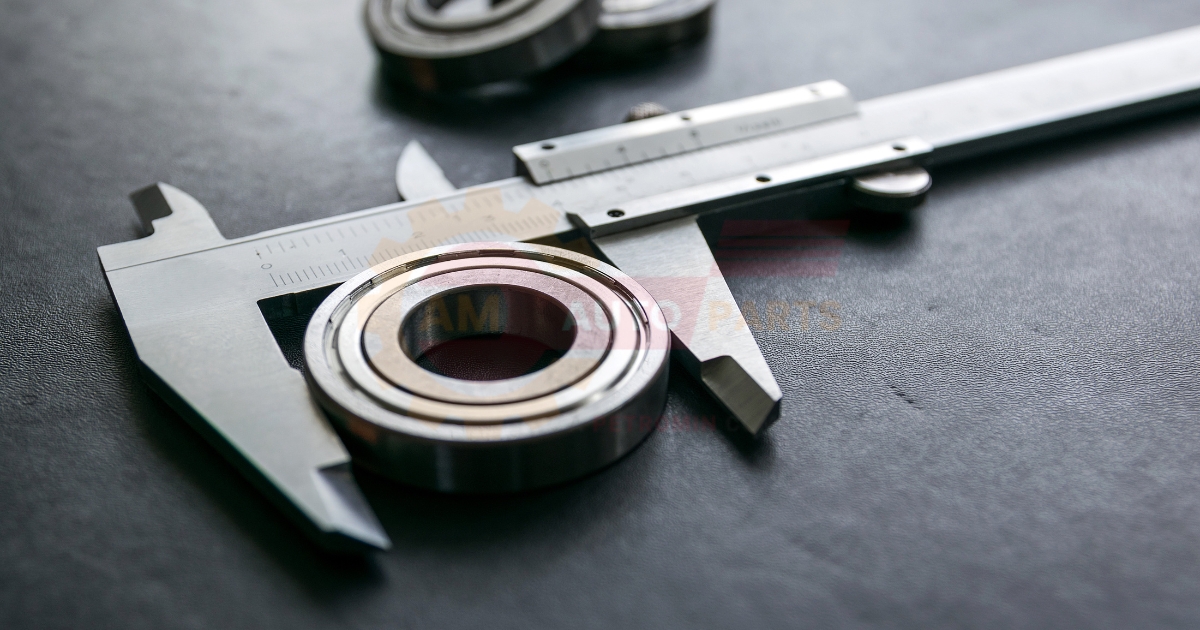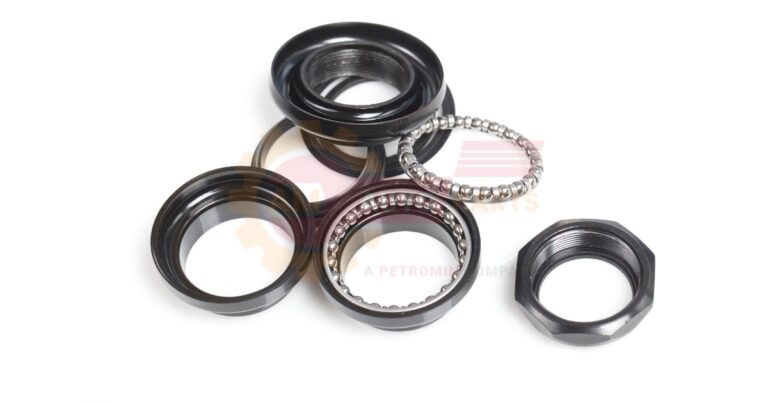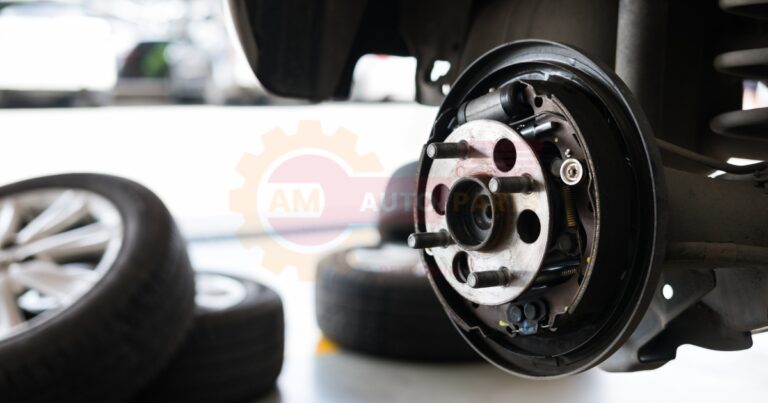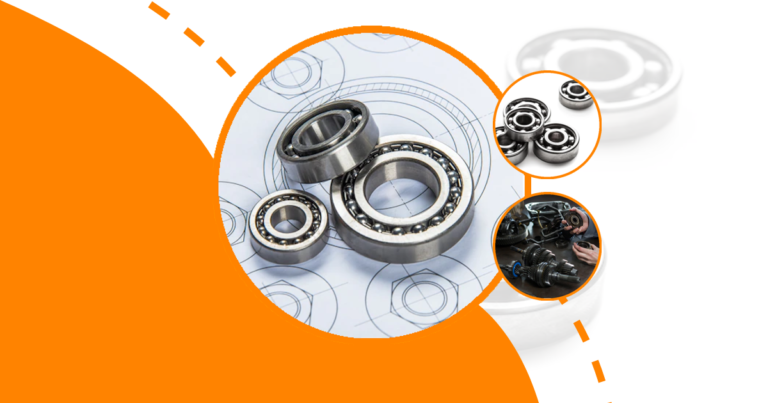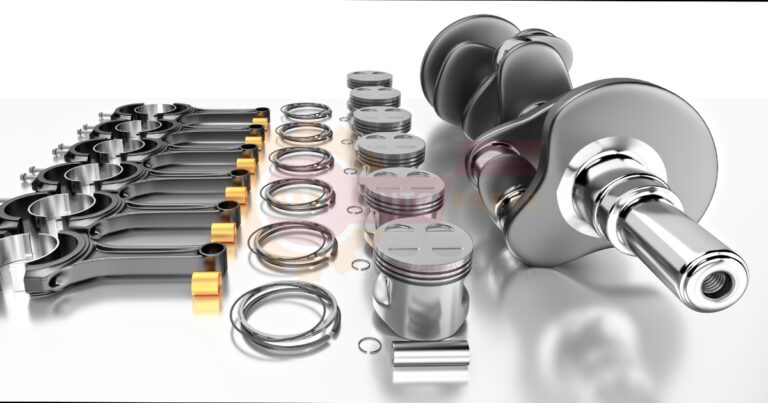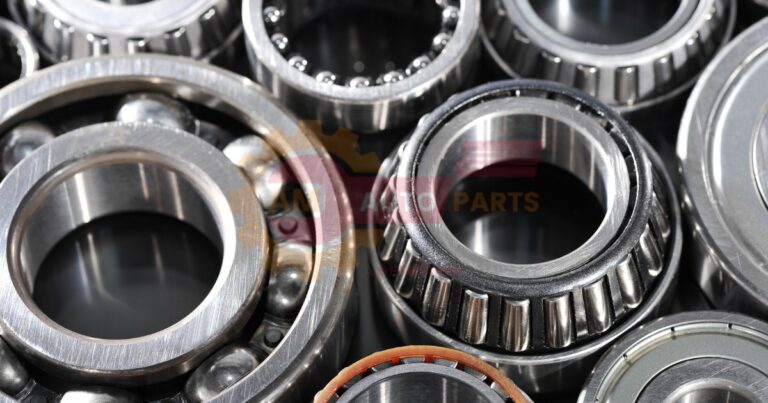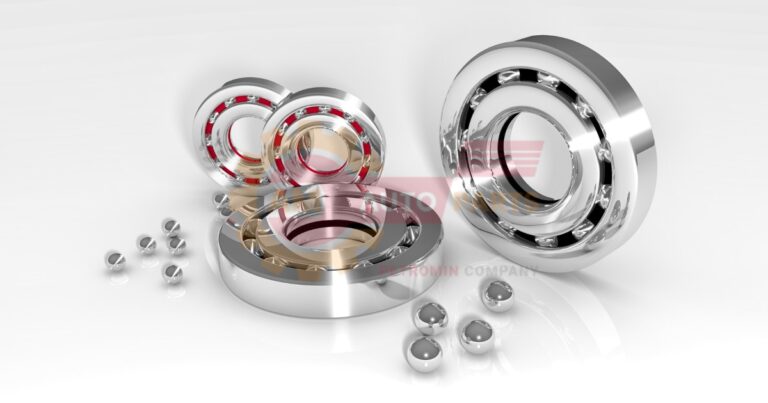Understanding Your Trailer Hub Wheel Bearings
Importance of Wheel Bearings in Trailers
Wheel bearings are crucial components in trailers, ensuring smooth and efficient wheel rotation. They reduce friction and wear, allowing the wheels to spin freely. Without properly functioning wheel bearings, your trailer’s performance and safety can be significantly compromised.
Signs of Wheel Bearing Wear or Failure
Recognizing the signs of wheel bearing wear or failure is essential for maintaining your trailer. Common indicators include unusual noises, vibrations, and uneven tire wear. If you notice any of these symptoms, it’s time to inspect your wheel bearings.
- Unusual noises such as grinding or humming
- Vibrations felt through the steering wheel or trailer body
- Uneven tire wear or wobbling wheels
How Do I Know What Wheel Bearings I Need?
Identifying Wheel Bearing Types
Wheel bearings come in various types, including ball bearings, roller bearings, and tapered roller bearings. Each type has specific applications and benefits.
- Ball Bearings : Ideal for light to moderate loads, providing smooth operation.
- Roller Bearings : Suitable for heavier loads, offering greater load-carrying capacity.
- Tapered Roller Bearings : Designed for high-load applications, providing both radial and axial support.
Understanding Wheel Bearing Sizes
Wheel bearings are available in different sizes, which are determined by the inner and outer diameters and the width of the bearing. It’s crucial to match the bearing size to your trailer’s specifications.
- Measure the inner diameter (ID)
- Measure the outer diameter (OD)
- Measure the width of the bearing
Compatibility with Your Trailer Model
Not all wheel bearings are compatible with every trailer model. Check your trailer’s manual or consult with a professional to ensure you select the right bearings.
- Refer to your trailer’s manual for specifications
- Consult with a professional mechanic
- Verify compatibility with your trailer model
Assessing Your Trailer’s Wheel Bearings
Visual Inspection of Wheel Bearings
A visual inspection can reveal a lot about the condition of your wheel bearings. Look for signs of rust, wear, or damage.
- Inspect for rust or corrosion
- Check for visible wear or damage
- Look for any signs of leakage
Checking for Unusual Noises
Unusual noises often indicate a problem with your wheel bearings. Listen for grinding, humming, or squealing sounds while driving.
- Listen for grinding noises
- Pay attention to humming sounds
- Notice any squealing or screeching
Understanding Wheel Bearing Maintenance
Regular maintenance is key to extending the life of your wheel bearings. This includes cleaning, lubricating, and replacing them as needed.
- Clean bearings regularly
- Lubricate with appropriate grease
- Replace worn or damaged bearings
The Role of Wheel Bearings in Trailer Safety
Impact on Towing Stability
Wheel bearings play a vital role in towing stability. Properly functioning bearings ensure smooth and stable towing, reducing the risk of accidents.
- Ensure smooth wheel rotation
- Maintain stable towing performance
- Reduce the risk of accidents
Preventing Wheel Bearing Failures
Preventing wheel bearing failures is crucial for trailer safety. Regular inspections and maintenance can help avoid catastrophic failures.
- Conduct regular inspections
- Perform timely maintenance
- Avoid catastrophic failures
How Do I Know What Wheel Bearings I Need for Optimal Performance?
Factors Influencing Bearing Selection
Several factors influence the selection of wheel bearings, including load capacity, speed rating, and environmental conditions.
- Load Capacity : Choose bearings that can handle your trailer’s load.
- Speed Rating : Ensure the bearings can operate at your desired speed.
- Environmental Conditions : Consider factors like temperature and moisture.
Matching Bearings to Trailer Load Capacity
Matching the bearings to your trailer’s load capacity is essential for optimal performance. Overloading can lead to premature bearing failure.
- Determine your trailer’s load capacity
- Select bearings with appropriate load ratings
- Avoid overloading your trailer
Step-by-Step Guide to Finding the Right Wheel Bearings
Measuring Your Trailer’s Hub
Accurate measurements of your trailer’s hub are crucial for selecting the right wheel bearings. Use precise tools to measure the inner and outer diameters and the width.
- Use a caliper for accurate measurements
- Measure the inner diameter (ID)
- Measure the outer diameter (OD)
- Measure the width of the hub
Interpreting Bearing Numbers and Codes
Bearing numbers and codes provide essential information about the bearing’s specifications. Understanding these codes can help you select the right bearings.
- Decode the bearing number
- Understand the bearing’s specifications
- Match the bearing to your trailer’s requirements
How Do I Know What Wheel Bearings I Need for a Smooth Ride?
Importance of Quality Bearings
Quality bearings are essential for a smooth and safe ride. Investing in high-quality bearings can enhance your trailer’s performance and longevity.
- Ensure smooth wheel rotation
- Enhance trailer performance
- Increase bearing longevity
The Difference High-Performance Bearings Make
High-performance bearings offer superior durability and efficiency. They can handle higher loads and speeds, providing a smoother ride.
- Handle higher loads and speeds
- Provide superior durability
- Offer a smoother ride
Maintenance Tips for Long-Lasting Wheel Bearings
Regular Lubrication and Cleaning
Regular lubrication and cleaning are vital for maintaining wheel bearings. Use the appropriate grease and clean the bearings to prevent dirt and debris buildup.
- Lubricate with high-quality grease
- Clean bearings regularly
- Prevent dirt and debris buildup
When to Replace Your Wheel Bearings
Knowing when to replace your wheel bearings is crucial for maintaining your trailer’s performance. Replace bearings if you notice any signs of wear or damage.
- Replace bearings showing signs of wear
- Change bearings if damaged
- Ensure optimal trailer performance
Conclusion
By understanding the importance of wheel bearings , identifying the right type and size, and maintaining them properly, you can ensure a safe and smooth journey with your trailer. For quality wheel bearings, consider shopping at AM Autoparts , where you can find a wide selection to meet your needs. Wheel components explained Wheels have different parts like the rim hub spokes and tire that work together to help vehicles move smoothly on the road
Car Wheel Count Most cars have four wheels attached to help them move smoothly on roads Automotive bearing swap involves replacing old or worn-out bearings in a vehicle This process helps maintain smooth rotation of moving parts in the car’s engine or wheels
Bearing repair costs can vary depending on the type of bearing and the extent of damage Fixing bearings quickly can help keep Bearing installation process Put the bearing in the right spot and make sure it fits snugly then secure it tightly so it stays in place and can spin smoothly
Diagnose faulty bearing by listening for unusual noises and feeling for vibrations Check for excessive heat and inspect the bearing for visible damage or wear Wheel bearing tightness is important for smooth wheel rotation Proper
